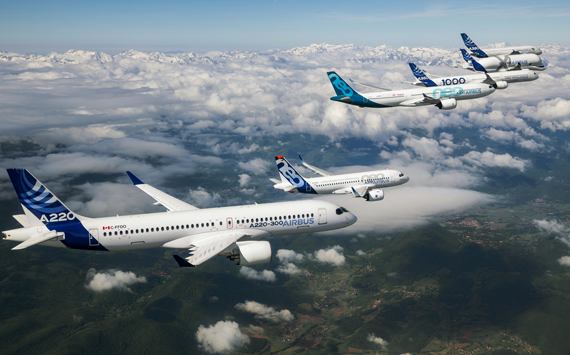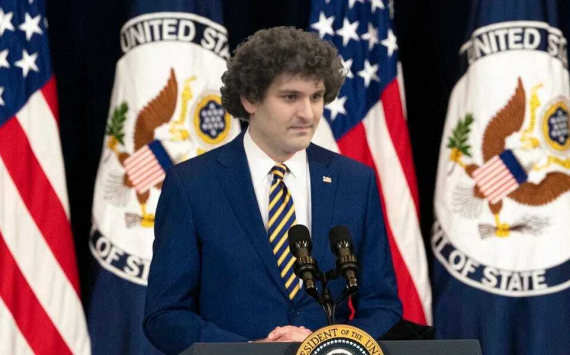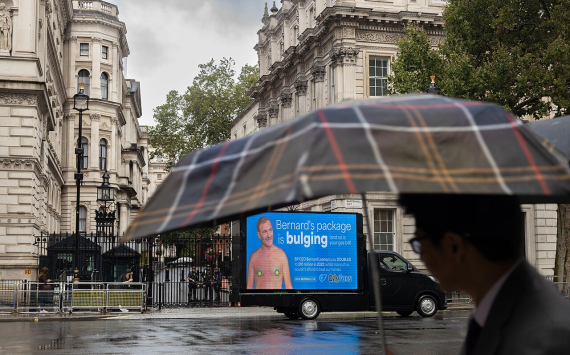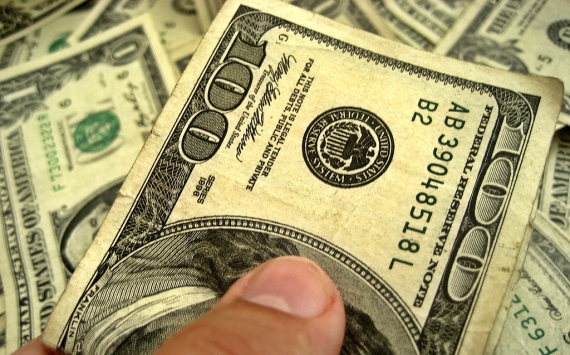
Boeing and Airbus dispute
The European Union and the U.S. have reached an agreement to end a long-running trade dispute over Boeing and Airbus that has resulted in more than $10 billion in reciprocal customs duties, Bloomberg reported Tuesday, citing EU officials.
According to them, the European Commission (EC) discussed the draft treaty with EU member states on Monday night in order to come to an agreement with Washington even before the EU-US summit.
According to the agency, the agreement comes as politicians in Brussels and Washington are becoming increasingly aware that the state-sponsored China Commercial Aviation Corporation (COMAC) could become a full-fledged competitor to Boeing and Airbus by the end of the decade and weaken their position in the aircraft industry.
According to Bloomberg, the EU-US summit is also expected to reach an agreement to lift steel and aluminium duties imposed by Washington in 2018 "on national security grounds".
Boeing and Airbus dispute
The trade dispute between Brussels and Washington over Boeing and Airbus is one of the longest and most extensive in the history of the World Trade Organization (WTO).
The US has accused the EU of illegal state subsidies to Airbus since 2004, with the EU making similar accusations against Washington against Boeing. In 2019, the WTO dispute settlement body found a violation of the organisation's rules in the Airbus case, giving the US the right to impose countervailing duties. However, in 2020, a similar ruling was made in favour of the EU in the Boeing case. In fact, the WTO acknowledged that both sides were violating international trade norms within the organisation by creating preferences for their aircraft manufacturers.
In October 2019, Donald Trump's administration imposed 25% duties on goods from the EU totalling around $7.5bn. On 9 November 2020, the EU responded to the move by imposing its tariffs on agricultural and manufactured goods from the US totalling €3.4bn (around $4bn) a year.
However, in March, EC head Ursula von der Leyen and US President Joe Biden reached an agreement to freeze reciprocal customs duties for four months.












































